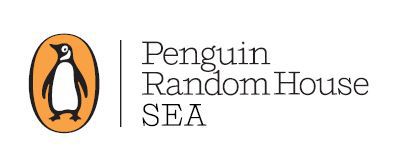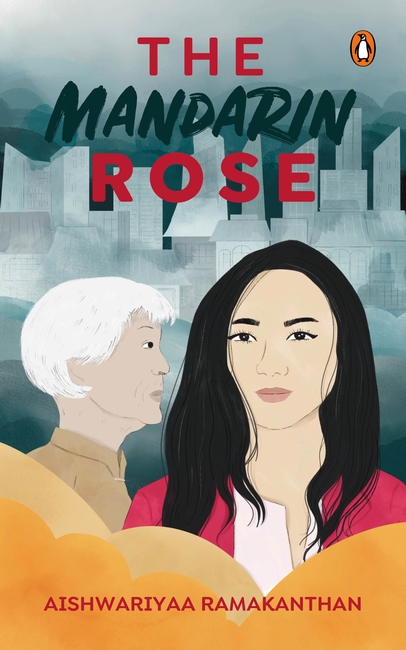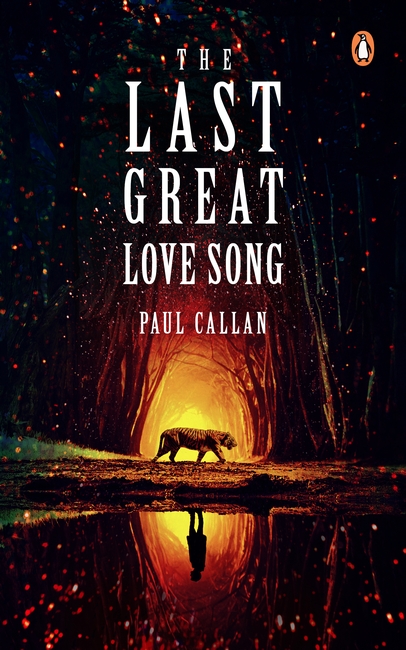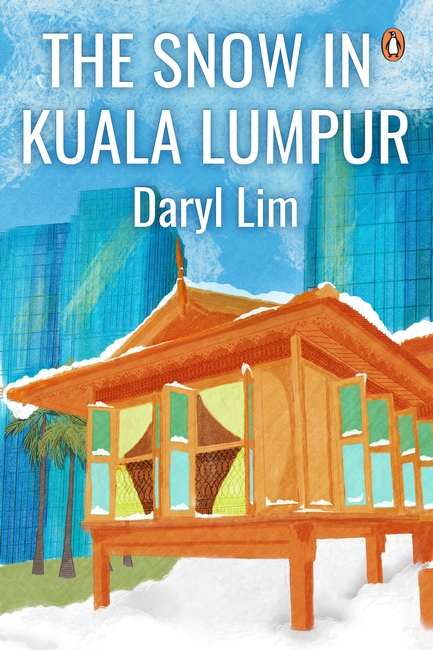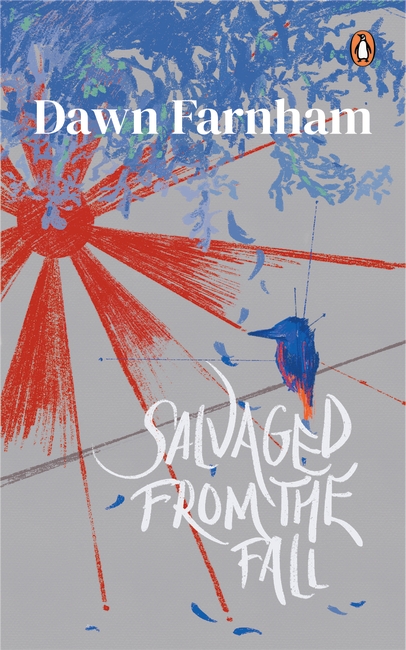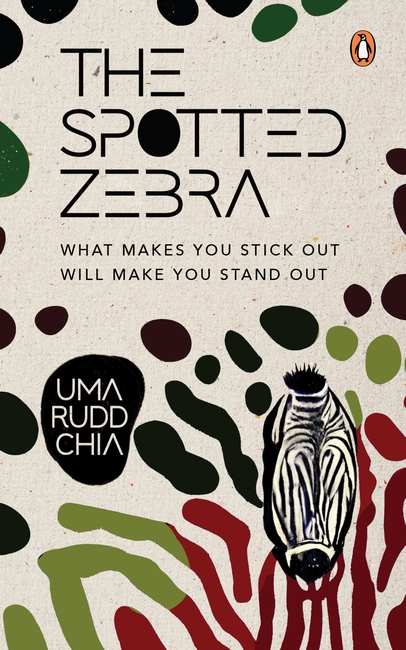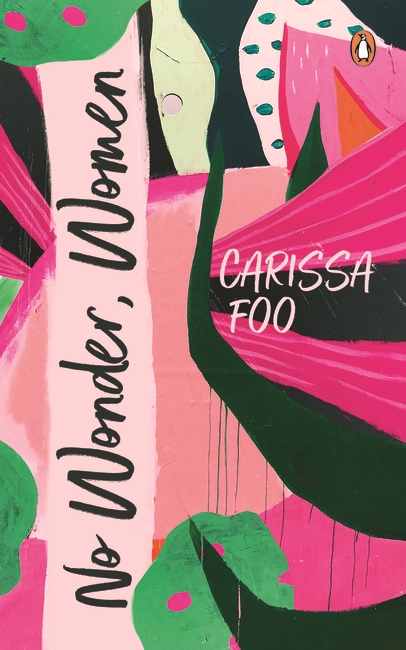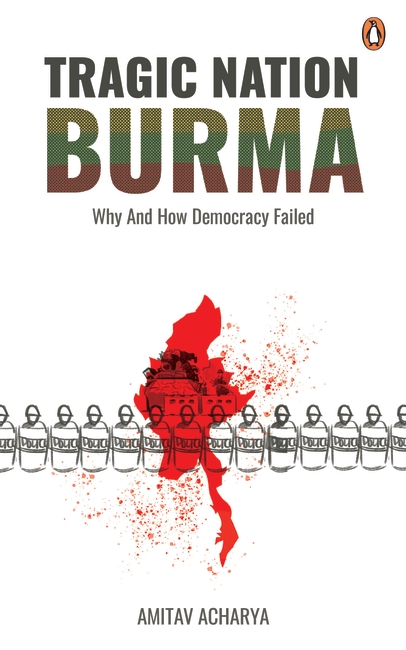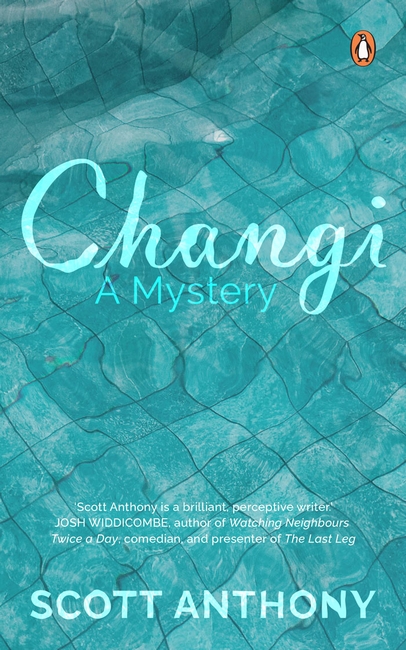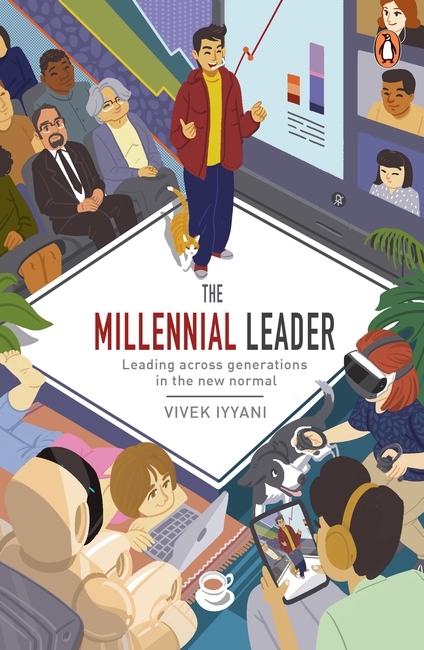Set in Singapore, this is a tale about Rose, her relentless pursuit of success and money and the price that she pays for it. The enormous wealth that she accumulates loses its meaning for her when disillusionment with her failed marriages and guilt about her own perceived failure as a parent torment her. She eventually gains wisdom and peace through two unlikely women, connected to her past.
Archives: Books
The Last Great Love Song
Northern Malaya, 1825. Princess Toh has been left in charge of the palace while her brother is away fighting, but her violent husband is causing trouble in her court. Meanwhile, Aashif, who was trekking through the jungle, stumbles upon a girl who has been brutally assaulted and left to die. Back at the palace, the traumatised young man decides to escape and seek freedom; together with Princess Toh’s maid, he sets out on a perilous journey. Distraught at this news, Toh pledges to do anything she can to bring the runaways home – even if that means resorting to help from the magical spirits that guard the kingdom. And all the while, a murderer is on the loose…
The Last Great Love Song is a magical tale of secrets and lies, a bewitching story that will convince the reader of the power of love – and magic.
The Snow in Kuala Lumpur
Malaysia in the 1960s. A newly independent nation, full of early promise.
On the outskirts of Kuala Lumpur, young Ah Tat dreams of a life beyond the kampong. Earnest, bookish and a little naïve, he sees his path clearly: he will study hard at the Methodist school, enter university and one day become a man of consequence. It is his duty to guide his wayward cousin, the darkly charismatic KC, on a similar path to success. But when KC’s fascination with the local triads results in his sudden disappearance, Ah Tat is left with nothing but questions and regrets.
Years later, the estranged cousins are reunited in a much-changed country. Ah Tat, now a successful engineer and future captain of industry, discovers KC has become a powerful underworld figure. Vowing to haul his cousin back from the moral abyss, he is instead drawn into an escalating rivalry with KC as the two men vie for wealth, status, influence and the love of the enigmatic June Teh.
But could a bizarre weather event stay the inevitable reckoning?
The Snow in Kuala Lumpur is a tale of two men-fierce adversaries who ought to have been brothers-and two peoples, the Malays and Chinese, who forged a new nation while walking the thin line between kinship and a destructive rivalry.
Salvaged from the Fall
EVERY DAY of the years of a murderous occupation, Simone has kept her head down, living and working in the peaceful surroundings of the Botanical Gardens ignoring the horrors that lie outside, waiting for it all to end.
UNTIL TODAY, when a blue feather reminds her of lost friends and sends her on a quest which can lead them all into disaster.
Against the clock and with a Japanese officer on their trail, seven young women are called on to rekindle their bonds of loyalty and trust to save the child of one of their own.
The Spotted Zebra
When you’re born into this world, you aren’t born knowing you are different, till someone points it out. And makes a bigger deal of it than he or she needs to.
Uma Rudd Chia was different for a few reasons. She had clinical ADHD which was only diagnosed when she was sixteen, because of a tragedy-but even when she found out, she desperately tried to keep it a secret because there was no worse crime than being different.
The reality is we are all different. But we live in a society and go through an education system that defines what normal looks like. This may prepare you to be an obedient member of society-one that’s predictable and easy to control.
But does it make you the best version of you?
This book contains her life learnings from being different-how through a turn of events and life changing encounters, Uma learned to embrace and accept her differences and become all that she is-wife, mother, keynote speaker, author, cofounder of Singapore’s coolest women run advertising agency and a notorious rule breaker.
Whether you are reading this book hoping to be a better person or to simply have a good laugh, the one thing it will definitely help you do is embrace what makes you unique and use that to conquer your world.
No Wonder, Women
Two women bond over a balloon cactus. A mother steals glances at her teenage daughter in the rear-view mirror. A bride misses her best friend on the eve of her wedding. An open support group for women who think too much. What is woman’s love? No Wonder, Women is an ode to women-to hearts that love fiercely and feel deeply. A glimpse into the lives of women who are trying to love without unloving themselves.
Methods to Greatness
A sound mind, body, and soul is a balanced state we all aspire to have.
In this book, award-winning serial entrepreneur John Aguilar interviews twentyof Asia’s top entrepreneurs, athletes, and icons in his podcast of the same name to learn valuable insights-and test some of them out for himself.
What John learns is that these greats are no different from the rest of us. They, too, come from all walks of life. They have bad ideas. They doubt themselves and are insecure. They fail time and time again. Somehow, against the odds, they all found their voice and paths to greatness.
Methods to Greatness offers a rare glimpse into the mindset, habits, and methods that have helped these individuals find success in their professional or personal lives. Through interview excerpts and John’s personal refections, we get to know how they turned their lives around, created a positive impact in their communities, or made a name for themselves in their respective fields-all while navigating the trials and tribulations of life.
In a time of tumult when the world is looking to Asia to usher in the future, we look at lessons from the past and present to help us find greatness, whatever that means for each of us-and this guidebook of wisdom is here to help any and every one do just that.
TRAGIC NATION BURMA
A decade ago, Burma was full of light and hope. Today, it has descended into darkness and despair. The once promising political and opening up of the country has been set back, possibly for a long time. How did this happen?
Why? Many outside observers are surprised by the developments, but it was predictable. For those watching Burma the February 2021 coup was in the making for some time. Its seeds were planted in the constitution, which created false expectations on both the military and the civilian parties that both sides are going to emerge as long-term winners. The political leadership of Aung San Suu Kyi, the determination of her supporters to gain absolute control of the country at the expense of the military, and the over-dependence on her by her party without a succession plan, were other contributing factors. The international community, including ASEAN, was blindsided by short-term business considerations.
ASEAN saw Burma’s entry into the regional grouping as a major geopolitical gain, without keeping an eye on the gathering political storm inside the country. ASEAN’s principle of non-interference led to lack a lack of concern for Burma’s domestic developments. This book will provide a timely and insightful account of the political situation in Burma, assessing why the country experienced the coup, what the implications are for the people of Burma and the Southeast Asian region, and what role the international community can play to prevent Burma becoming a failed state.
Changi: A Mystery
Violet has organised her life in Singapore with a zeal that keeps her family close by her side, and any intimacy safely at bay. While she chases the attention of a German doctor, her daughter and her friends spend their days lost in a hollow world of make believe, memories, and old Agatha Christie novels.
But a death shatters Violet’s grip on the world around her. Was this murder, accident, or suicide? With the authorities drawing closer the family have just hours to try and piece together what really happened. Is this a puzzle, a tragedy, or a crime? Is Violet’s role to bring the truth to light, or bury it alongside the rest of Changi camp’s grizzly history?
Over the next 48 hours, Violet will find out once and for all whether her efforts to control her family’s lives have protected them, or simply left them at the mercy of someone else’s stories.
Changi is a story of obsession, revenge and jealousy that mixes stark emotional power with elements of a classic whodunit.
The Millennial Leader: Working across Generations in the New Normal
Millennials will be our next great generation of leaders. They are quickly filling executive and management roles at all levels. If you’re one of them, you’re probably leading not just your peers, but also Baby Boomers, Gen Xers (who have been around much longer than you) and of course, the new kids on the block, the Gen Zs. The younger generation of leaders are rejecting old school leadership practices outright, forcing organizations to rethink and reshape the way leaders lead.
Leadership no longer demands a corner office, an official title or even a physical workplace. The terms ‘boss’ and ‘supervisor’ sound foreign to today’s employees. Effective leaders are described as inspiring influencers, mentors and advocates today. Millennial leaders face the ultimate challenge of overcoming generational differences, reverse ageism, motivating an isolated, remote, gig and burnt-out workforce, while juggling all the responsibilities and expectations as a leader.
This book aims to answer the question:
How can you become an effective leader while working across generations in the new normal?





